Big Data or The Right Data in Sport?
With every new piece of data comes the potential for more outliers in the data, greater noise, and paradoxically less intelligent understanding.
Rather than collecting more data, optimal development environments should aim to intelligently interrogate the ‘right’ data. When done correctly, this means the need for large data lessens as the intelligent understanding of complex interactions becomes more refined. This leads to more efficient athlete (and coach) development; ultimately requiring less data.
The goal of future athlete (and coach) development should not be to add more and more data to the system, rather to analyse data in such a way that sport can refine, reduce, and make their systems less onerous and more effective for athletes, coaches, and support staff. That way, well-being moves hand in hand with thriving and success.
In terms of data, the future of sport needn’t follow that of recent shifts in consumerism, where striving for bigger, more sensitive, and larger data is the goal. Rather sports should do what they have always done best, lead in developing outstanding teams and individuals.
The danger with big data… is that it leads to the mindset that sports MUST collect and OWN big data. Adopting this mindset typically leads to organisations adding more ‘fog’ to the misty world of talent development. Meaning the questions of ‘what works best within the development pathway’ and ‘what are the game changers for my athletes and coaches’ become harder to understand. In addition, continuously bolstering existing data is costly and often means organisations are more inclined to constantly add ‘big’ data rather than simply refine, reduce and use the ‘right’ data. Adopting the latter means intelligent analysis, efficiencies, and being confident to shelve less effective development interventions.
How do you know what data is most important?
Data can now be analysed with cutting-edge artificial intelligence and machine learning analytics to optimise the pathway and ensure the right data is being collected and examined.
The unique TPiD system is born out of over 10 years of the team’s research and runs advanced AI and machine learning. For the first time, sports are able to analyse their bespoke data, collectively, in one place. This intelligent data interrogation is done in real time providing sports with a dynamic understanding of the relative importance of each of their data to answer any question of interest.
Recent insights of analysing data collectively with cutting edge machine learning revealed surprising predictors of talent development and raised new areas of discussion and focus for the organisation. For example, out of 100s factors deemed important for talent development in Cricket and the super elite status of England’s cricket batsman, is determined by only 18 factors. Similarly, out of 93 developmental factors, a subset of only 12 can predict elite bowling status with over 90% accuracy.
These findings serve to highlight the need for a holistic approach to collecting and analysing data to enable the examination of complex and multifaceted nature of expertise development. Of course, data is important, but if the goal is to create optimal development pathways, then one must balance the collection of the right data through intelligent interrogation. This means the requirement for a ‘big data is best’ rhetoric must be replaced by one of ‘the right data is best’.
Ultimately, by using TPiD, sports are informed about the most important data to collect and use. In doing so, we will create more efficient, effective and successful development environments for both athletes and coaches. We truly believe this is the future of sport analytics.
Speak to us today for more details.
Images
For images, please email Lou at Talent Pathway iD, lou@talent-pathway.co.uk,
Contact Details: Talent Pathway iD
For further details, images and interview requests for TPiD, please contact: Lou Lawrence, at TPiD : Email:lou@talent-pathway.co.uk
ENDS

